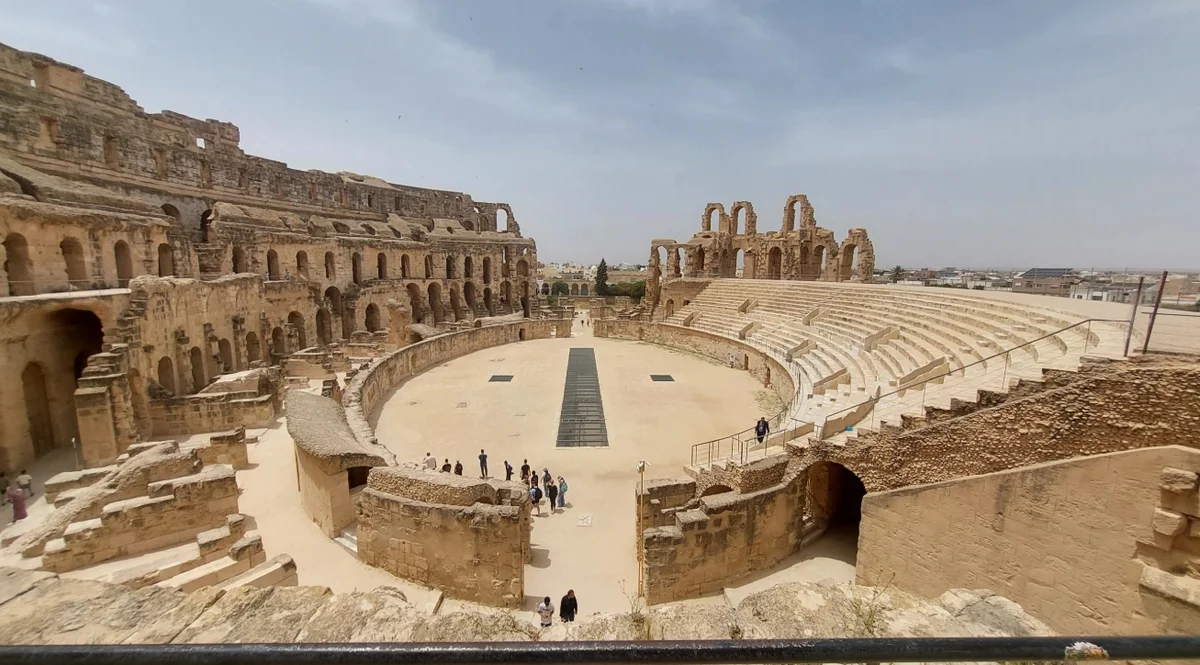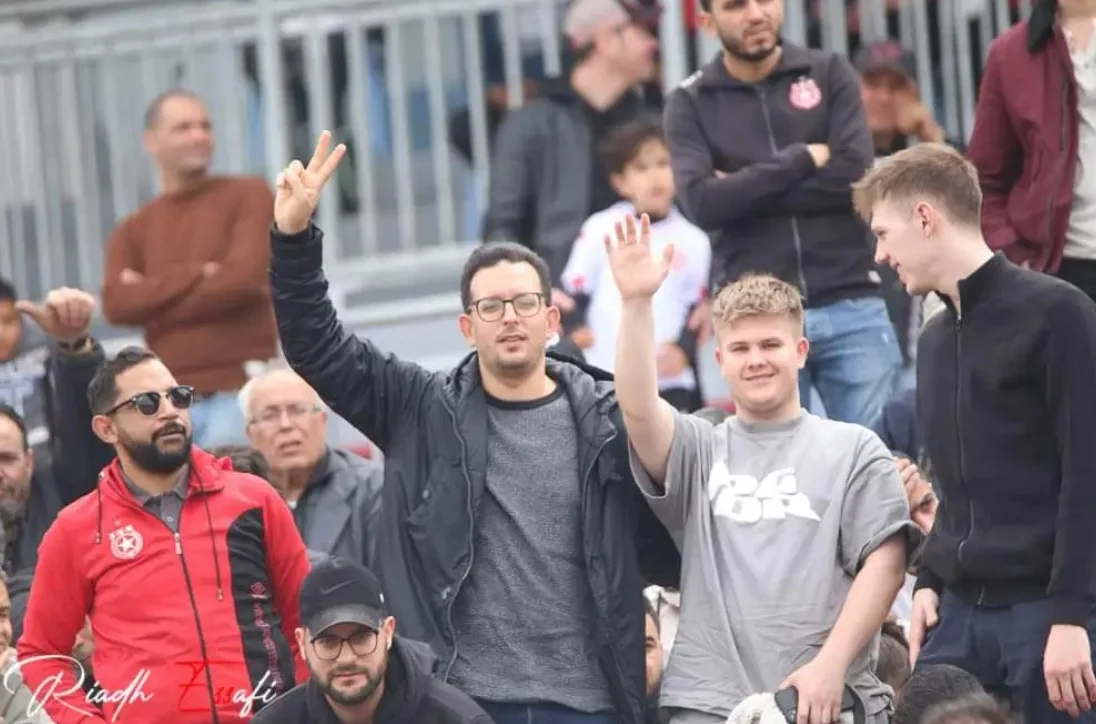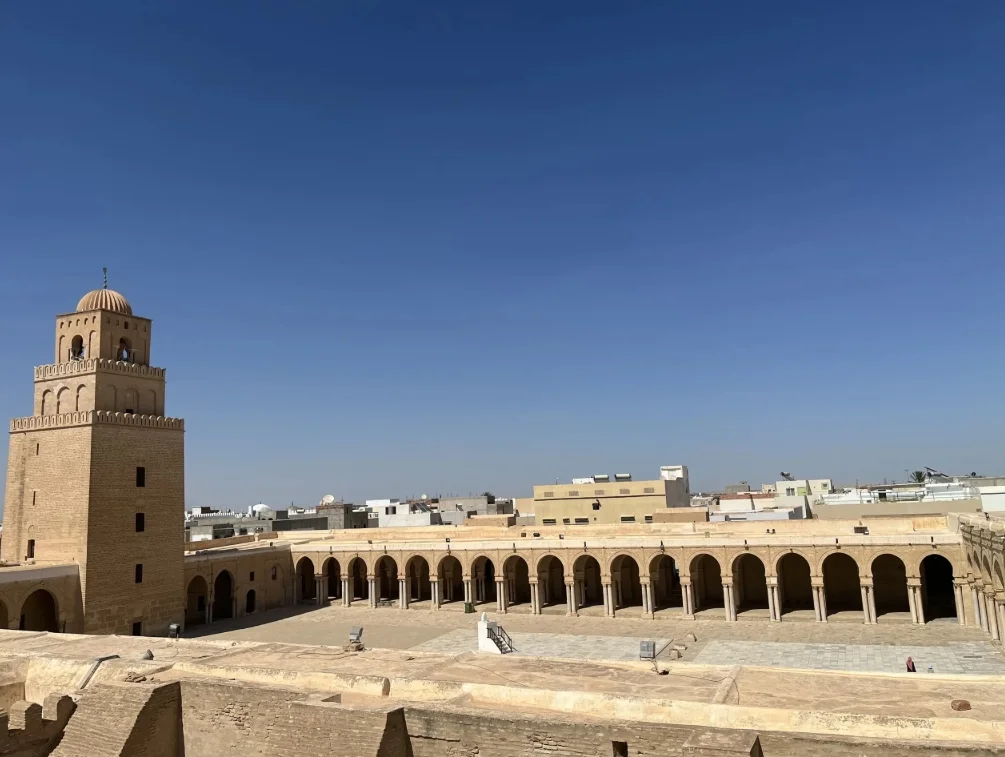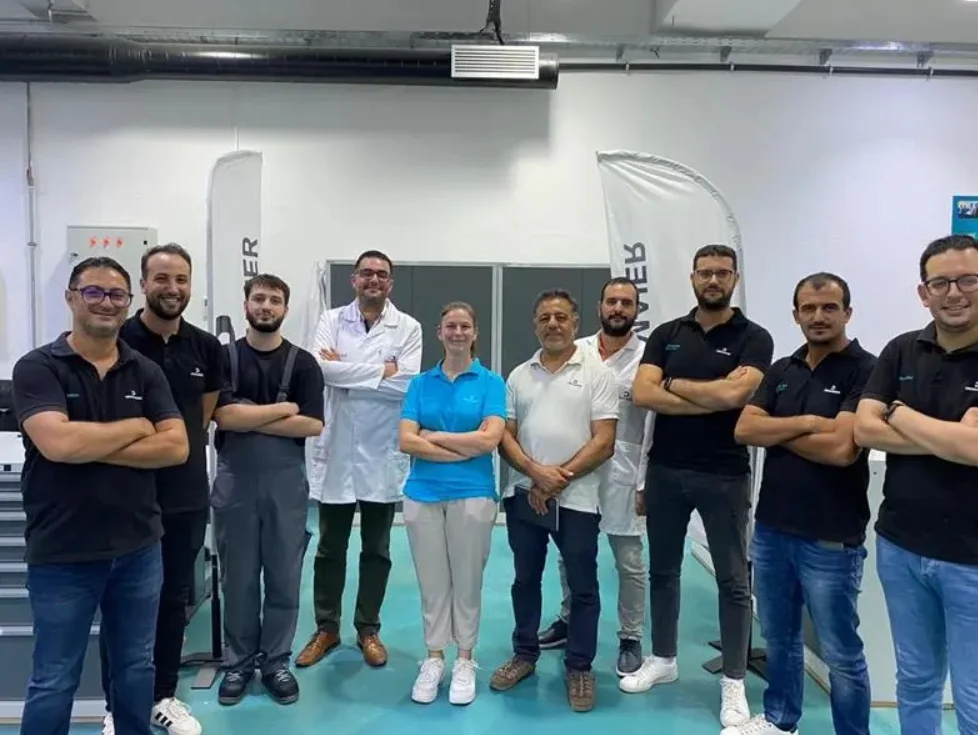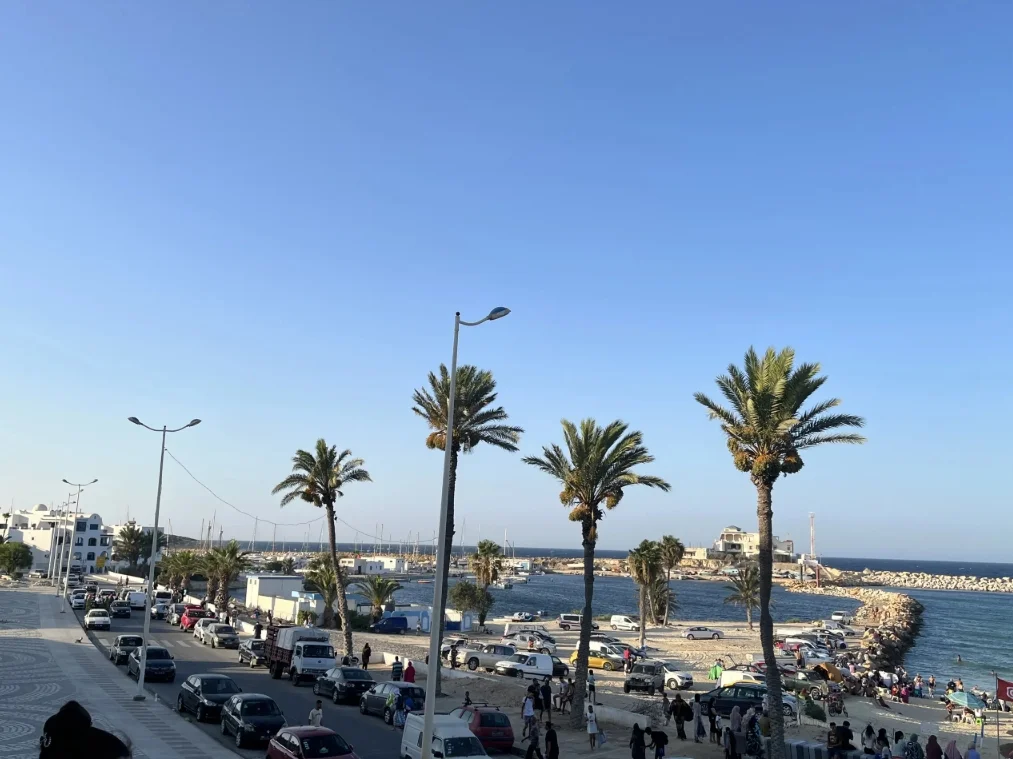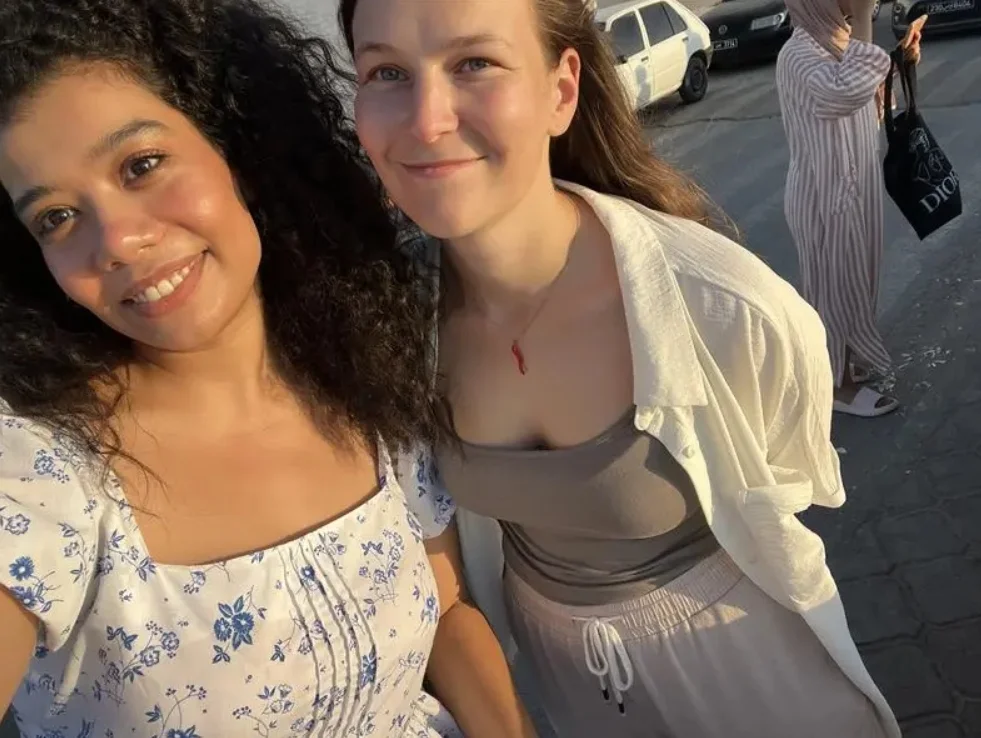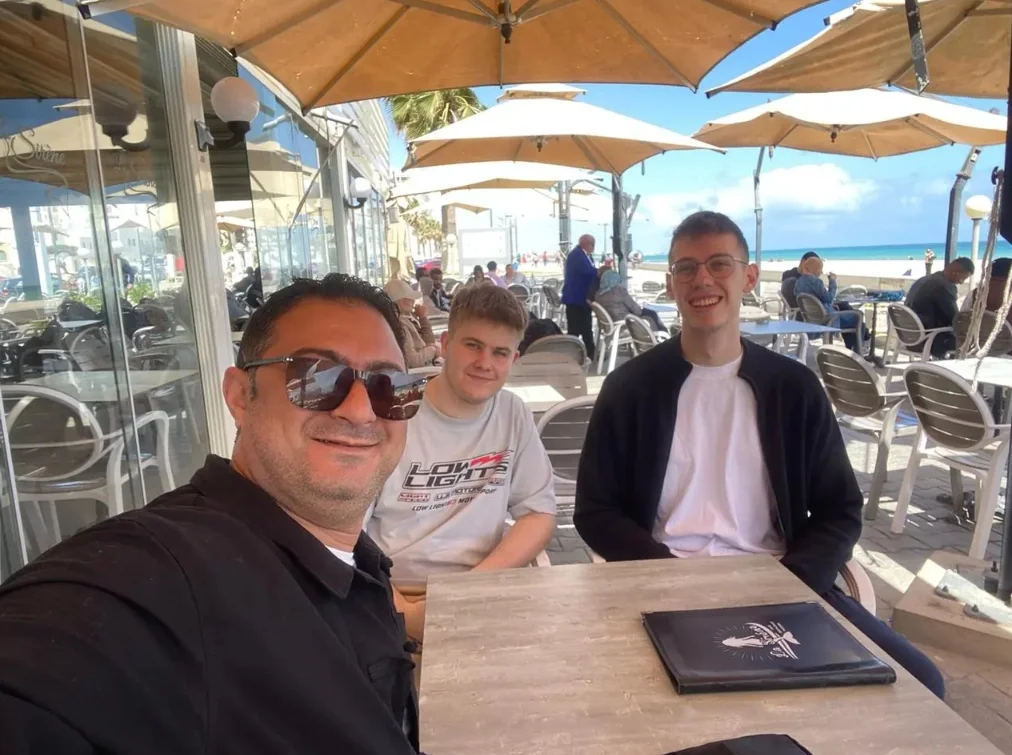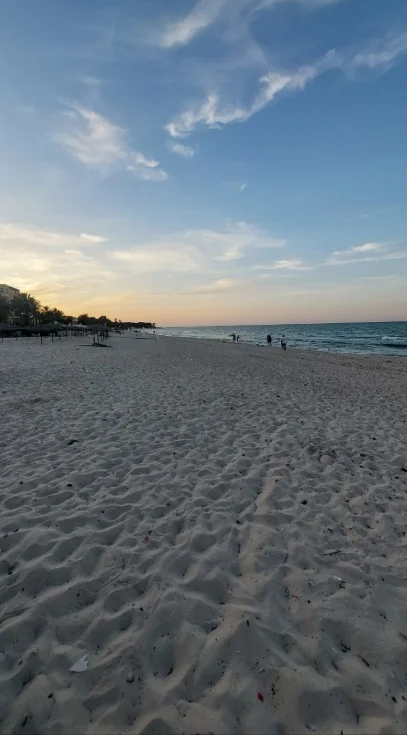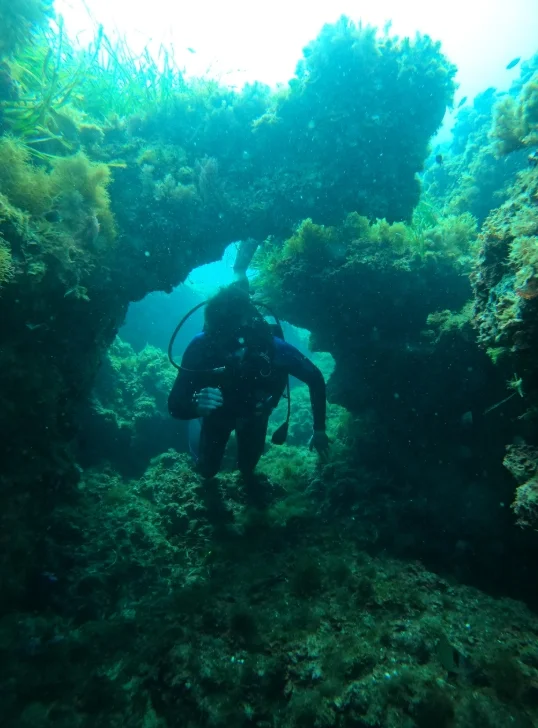Apprentices on Tour: Tunisia
Apprentices of the DRÄXLMAIER Group can participate in the “Training worldwide” program. This gives them the opportunity to spend eight weeks at a company location outside the EU and get to know the work, the people and the local culture at first hand. Sophie, Lukas, both prospective technical product designers, and Raphael, prospective mechatronics technician, took advantage of this opportunity and now report on their experiences in Sousse, Tunisia.
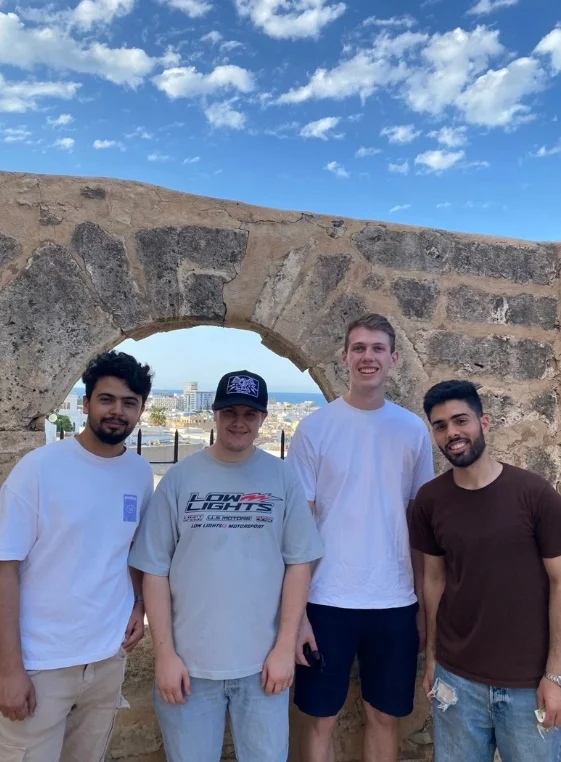
How did your stay in Tunisia begin?
Raphael: At the hotel, we got to know some people who were also in Sousse on business for DRÄXLMAIER. They were very welcoming and gave us lots of tips on what we should look out for in the coming weeks, which restaurants we should visit and which sights we shouldn't miss. Our arrival also marked the start of the new apprenticeship year in Tunisia, so we weren't the only newcomers.
Sophie: In the first week, we spent a lot of time getting to know the plant in Sousse. In the “Professional Education” we got to know the trainers and were given a tour of the site. We also received a safety briefing. In the days that followed, we took a closer look at the various production areas. All the machines were explained to us and we got to know the processes.
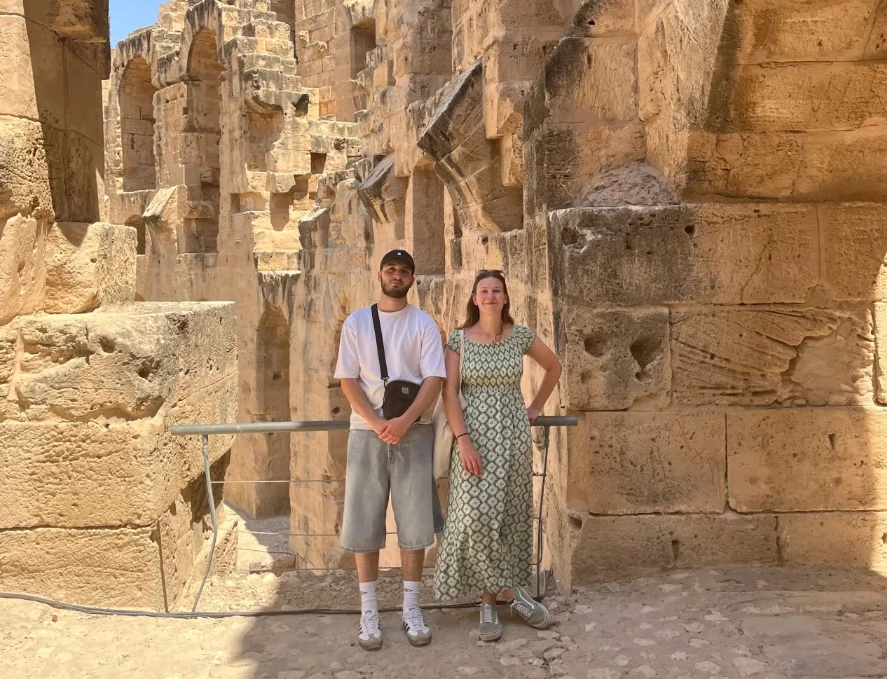
How did you experience the work on site?
Lukas: We attended what is known as “professional education”, which can be compared to vocational training in Germany. Here, too, you alternate between school and work in the company. We also accompanied employees from various departments, both in production and in logistics and customer communication. I really enjoyed gaining such a comprehensive insight into the work at the site. For example, I worked for a few weeks in a department that deals with the manufacture of production equipment. This was exciting for me, as during my day-to-day work in Germany I mainly work on I-boards, which are made of plastic. This mainly involved constructions made of steel or aluminum profiles. The tasks were also very open, so I had the time and space to come up with my own concepts and solutions.
Raphael: We had the opportunity to get to know different departments. The tasks I was allowed to take on were correspondingly varied: From cable welding to system cleaning and machine maintenance to CNC production, I learned a lot of new things here. My last working day was also exciting, when we went to a supplier company for DRÄXLMAIER metal constructions. We were given a tour of the factory where we were able to follow the entire production process. It was nice to think outside the box of my training company.
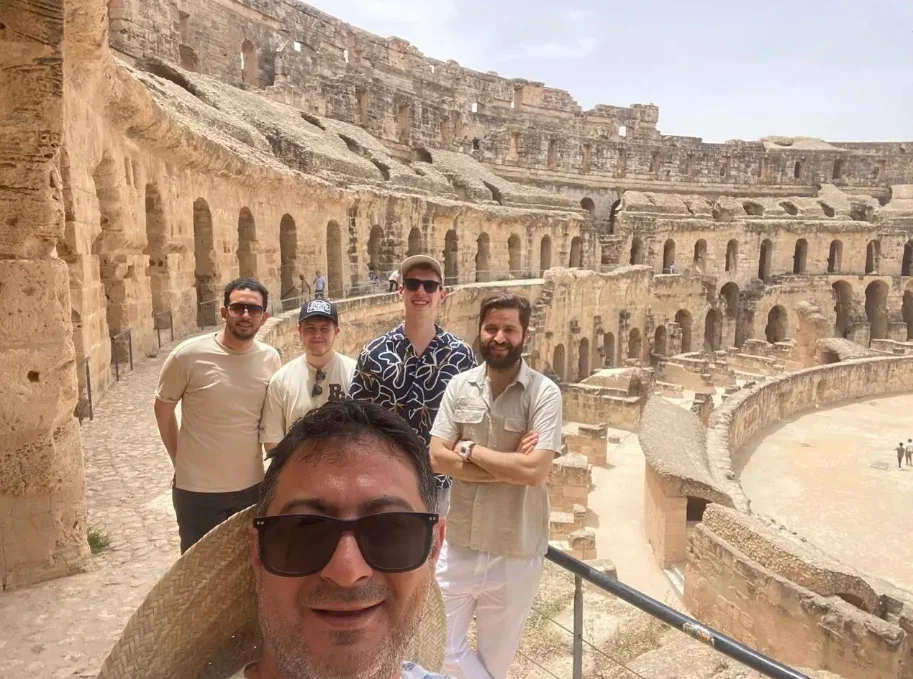
How did you experience the people and culture in Tunisia?
Lukas: All of our colleagues in Sousse were incredibly friendly. I always had someone to talk to who helped me with the challenges of everyday working life. But we also talked a lot about culture and society. Most of the Tunisians are Muslims and were happy to be able to teach us about their religion.
Sophie: On a project I was assigned to in Tunisia, I worked closely with a Tunisian student who was doing an internship there. I learned a lot about school, graduation and studying in Tunisia. We were able to benefit from each other's technical knowledge - which in both cases was more theoretical due to vocational school and university - and tried to find practical solutions together. I really enjoyed this exchange.
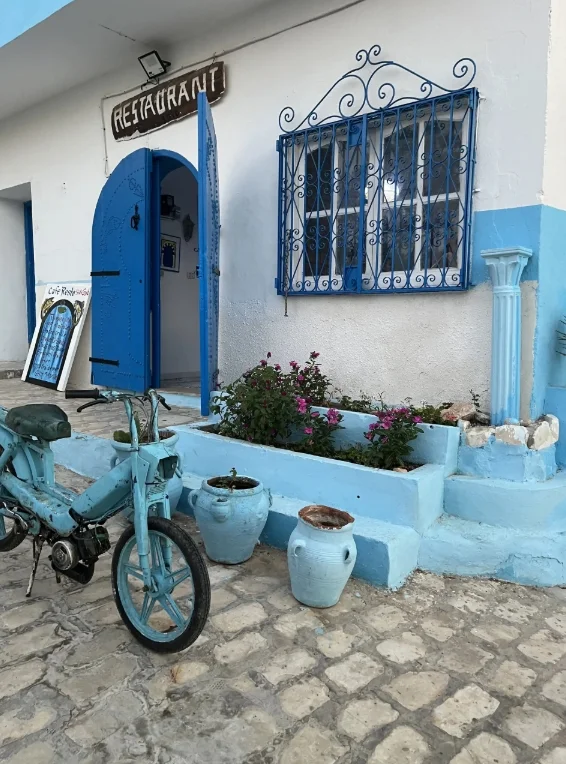
What did your free time in Tunisia look like?
Lukas: We also did a lot of things privately with many of our colleagues. For example, we visited an old colosseum or museums. As Sousse is right on the Mediterranean, we went to the beach a few times and I went diving for the first time in my life. We visited the capital Tunis and the nearby town of Sidi Bou Said, which is known for its beautiful views and the typical Tunisian blue and white houses.
Raphael: We visited the medina in Sousse on the very first weekend. The Tunisian instructors also took us to the ESS Sousse soccer matches in the stadium several times. The quad bike tour, where Lukas and I explored the Tunisian countryside, was a special experience for me.
Sophie: During my first week at the plant and the close cooperation with my colleagues on site, I got to know a lot of friendly people. We often talked about culture, religion and everyday life and compared the differences between Germany and Tunisia. We enjoyed meeting up for coffee in the evenings and went on excursions together at the weekends. I went to Kairouan, a holy city of Islam, with the student I worked with. We also visited Monastir and Hergla with some of the students. In the last week, we went back to El Jem to attend a concert at the Colosseum with the head of training. It was a great end to our stay abroad.
What are you taking with you from Tunisia?
Lukas: The weeks in Tunisia flew by. Almost nothing could have gone better. It was exciting to find my feet there and become more independent as a result. The stay abroad exceeded my expectations and I can only recommend such an experience to anyone.
Raphael: Die Zeit in Tunesien war sehr spannend. Ich durfte vieles über die arabische Kultur lernen. Traditionen, Kunst, Architektur und Mentalität sind dort völlig anders als das, was ich von zu Hause kenne. Aber auch in der Firma habe ich viel Neues gelernt, wofür ich sehr dankbar bin.
Sophie: Ich nehme technisch wie auch persönlich viel aus Tunesien mit. Ich bin selbstständiger geworden, habe mein Englisch verbessert und eine völlig andere Lebensweise kennengelernt. Außerdem habe ich viele Freundschaften geschlossen, die hoffentlich noch lange halten.
